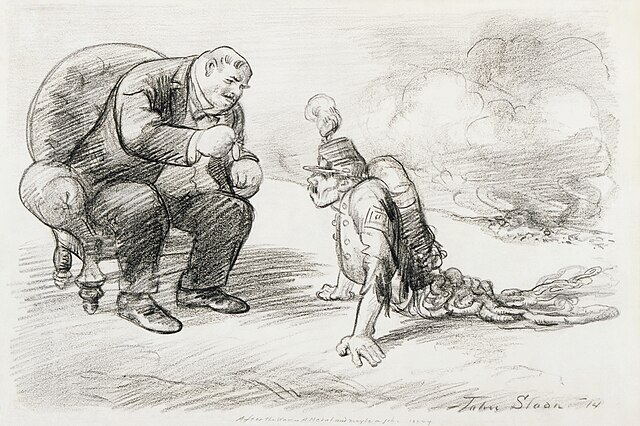Dec 6 2023

The Cold War is shaping our current era. It's the last major global conflict. It laid down the template for much of our current geopolitics and even politics.
Historian Alfred McCoy joins us to discuss his new book, Cold War on Five Continents: A Global History of Empire and Espionage from Haymarket Books. "The Moment of Truth" with Jeff Dorchen follows the interview.
Help keep This Is Hell! completely listener supported and access bonus episodes by subscribing to our Patreon.
Please rate and review This Is Hell! wherever you get your podcasts. It really helps the show ascend the algorithm to reach new listeners.
Séamus Malekafzali
Jan 15
The Assassination That Paved the Way for Trump’s Venezuela Attack / Séamus Malekafzali
Dec 4 2023
Nov 28 2023
Nov 21 2023
Nov 20 2023
Nov 14 2023
Episode 1663
Pentagon Finds No One at Fault for 2018 Drone Strike that Killed Somali Woman and Child / Nick Turse
Nov 13 2023



